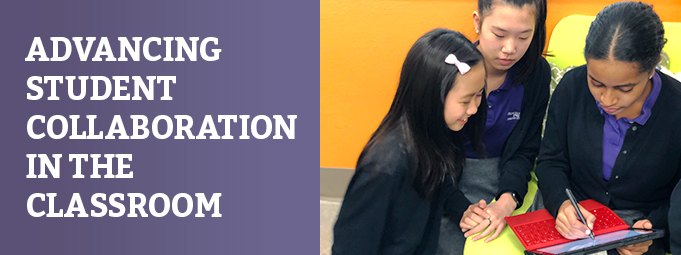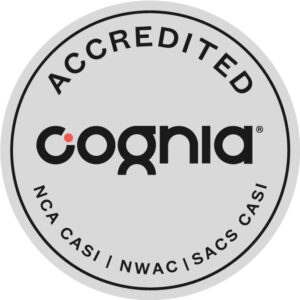
Student collaboration in the classroom is key when it comes to learning, as it gives all students the opportunity to grow while working together. But how can we make collaboration an activity where students are empowered to engage with one another to produce great results? Instead of putting together tasks where students don’t feel the need to actually work together, here are some ways to advance collaboration and allow it to be something students look forward to.
Every student possesses different strengths and weaknesses. While some students are okay with doing most of the work, other students are not putting in equal amounts of effort. How can we reduce this problem so that each student is equally contributing their time?
Every student has different capabilities. For instance, some students are more hands-on, while others may prefer putting their mind to work. A collaboration function that consists of various kinds of learners will most likely avoid a student from overdoing or refraining themselves from work. Creating smaller groups may also help to provide more opportunities for thinking.
When planning student collaboration activities, create individualized tasks for each student. This approach will allow for them to equally contribute. It will also present the student with opportunities to learn while forming thoughts, ideas, and diverse conversations.
The experience of working together with others can introduce moments for students to learn from each other. For example, a student with strengths in data analysis could help another who is struggling in that aspect to enhance that skill. Collaboration has the capability to broaden knowledge and augment skills that already exist.
Not everyone prefers to work in teams. But it’s a skill that you can prepare your students for at a very young age. Being able to successfully work with others is a significant quality to obtain in the workforce. And preparing students now will slowly prepare them for the future. When putting together collaboration activities, teach your students the importance of listening skills and help them understand the educational benefits of working together. Collaboration teaches students to:
If students find that their given task is too simple, they’ll most likely prefer working alone. When you give students a more complex task, it pushes them to think further, ask questions, and engage with one another. The point of collaboration is to initiate cooperation between more than one person in order to produce a result. At Renton Prep Christian School, we want to provide work that will challenge our students’ minds while allowing them to learn simultaneously. We want to teach our students how to be successful while working with others.
Assigning easy collaboration exercises won’t do much for growing our future leaders. Give them something to work for. Organize opportunities for students to ask questions, observe different angles, and trigger compelling discussions. When students come forward, it strengthens collaboration experiences and empowers other students to engage intellectually. They can go from point A to point B using research, evidence, and analysis.
At Renton Prep, your child will be exposed to many collaboration experiences. We value the benefits that come of it and believe that it is a highly critical aspect of education. Additionally, our teachers and educators are able to get to know their students and work with them to strengthen their abilities. We cherish moments of working together and building upon others. For more information about our approach, contact us today.

